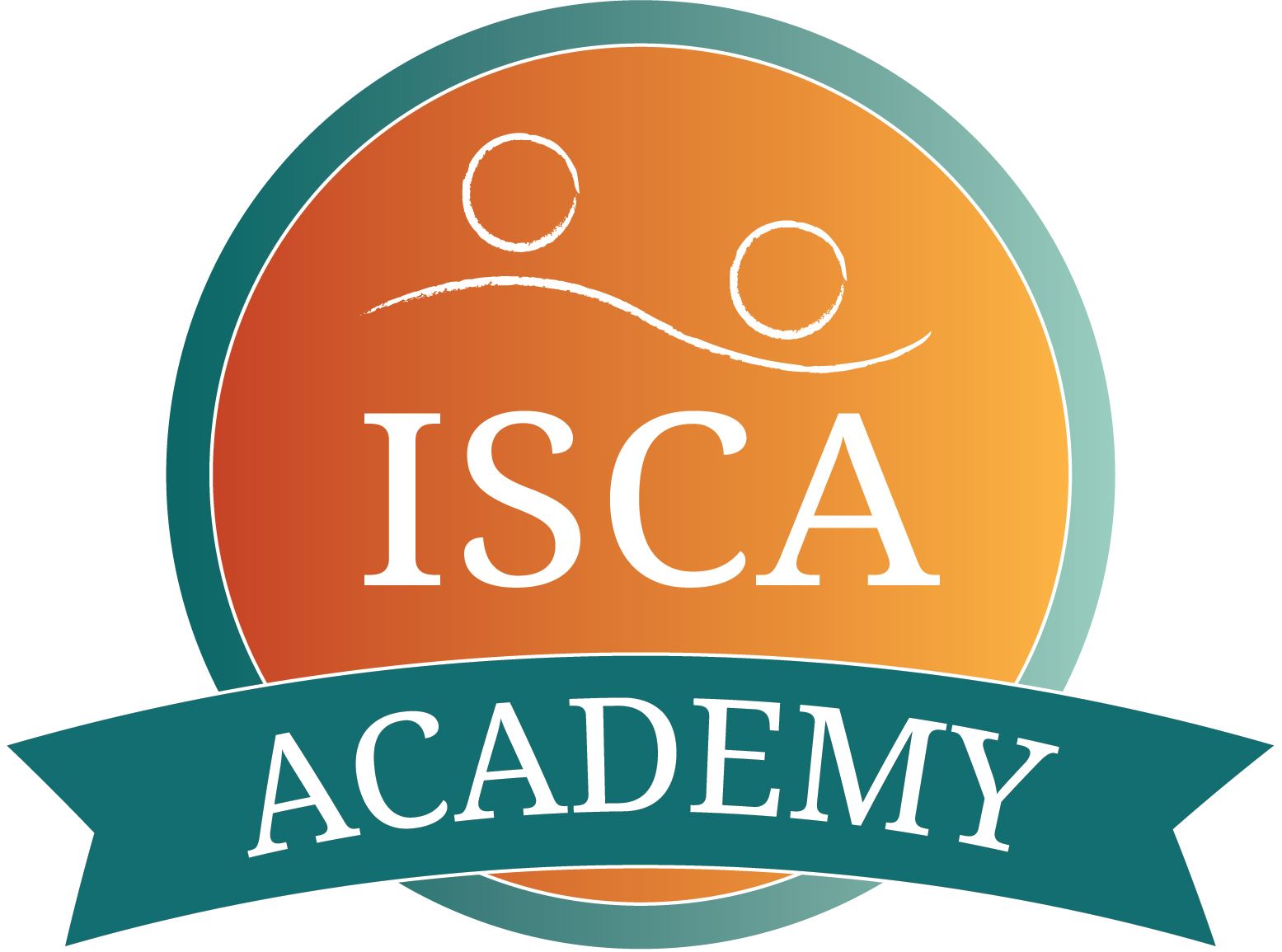- Home
- Empathy in Action: Empowering Students, Transforming Schools, Changing the World
Course Title | Empathy In Action: Empowering Students, Transforming Schools, Changing The World |
Course Number | ISCA 205 |
Course Overview | Empathy means more than treating others better—it means doing better. In a time of exponential connectivity and change, young people who can forge and navigate relationships on campus will thrive in tomorrow’s communities and workplaces. Empathizing with the feelings and perspectives of others is the foundation for good communication, teamwork, and strong leadership— no matter what path they take, or what jobs they undertake, in the future. Today’s complex challenges cannot be solved by one person or one organization. Empathy motivates us to build something better together and helps us do so with imagination and respect— guided by a deep understanding for the people and the world around us. In this course, you'll discover the art of crafting projects for students that harness the power of design thinking. You will gain the skills to approach teaching student empathy, unleashing creativity, and adopting a human-centered perspective. You will learn to create meaningful impactful projects with students that will make a real difference. Project Highlights include :
|
Social/Emotional
Career
Academic
|
M 1. Every student can learn, and every student can succeed. M 2. Every student should have access to and opportunity for a high-quality education. M 3. Every student should graduate from high school prepared for postsecondary opportunities. M 5. Effective school counseling is a collaborative process involving school counselors, students, families, teachers, administrators, other school staff and education stakeholders. M 6.School counselors are leaders in the school, district, state and nation. M 7. School counseling programs promote and enhance student academic, career and social/emotional outcomes. |
Intended Audience | School Counselors, Advisory Coordinators, CAS Supervisors, Service Learning Advisors |
Essential Questions |
|
Knowledge | Skills |
Participants will have knowledge about: | Participants will be able to: |
|
|
About the Facilitator |
CRAIG VEZINA Craig is a long-time international educator and counselor who now works with schools, NGOs & impact businesses to harness the power of innovation for people and the planet. He is the Executive Director of the global education non-profit the Z-17 Collective and co founder of the award-winning Spaceship Academy. With a great passion for impact entrepreneurship, Craig has been a leading voice around the power of innovation for social impact and the power of design and innovation for sustainability. He is a regular presenter at an array of global education, sustainability and impact events, including SXSW, ChangeNow, EdTechX, the UN Festival of Action and many more. He also serves on the working group of OECD’s Education & Skills 2030 Global Forum and is a Global Advisory Board member for Education for Sharing. He currently lives with his family in Paris. GREG VAN KIRK
Greg has designed (social) entrepreneurial experiences, taught courses and led workshops for thousands of high school students, university students and professionals. He's led partnerships with universities including Columbia University, Cornell University, Duke University, NYU, University of Notre Dame, Northwestern University, Stanford University and many others. He's designed and led professional development/ experiential learning programs for organizations including Deloitte, Levi Strauss & Co. and Warby Parker. He's designed and taught a social innovation course at The American School of Paris. He also contributes time as “Social Entrepreneur in Residence” at universities and has designed and taught social entrepreneurship and innovation courses at Columbia University, NYU, Miami University, Lehigh University, University of New Hampshire, and University of Wisconsin. He has served as a strategic advisor for the Miami University Institute for Entrepreneurship. Greg began working in rural small business development as a Guatemala Peace Corps volunteer in 2001. He worked in investment banking in San Francisco and New York for five years before arriving in Guatemala. Two deals he led at UBS during this time won "Deal of the Year" honors from Structured Finance International magazine. Greg lives with his family in New York City. |
Dates and times of offerings | SELF PACED LEARNING + LIVE LEARNING ON October 11, 25 & November 15, 2023 - 10:00 AM to 11:00 AM GMT |
Contact hours | 6 hours (3 self paced learning + 3 synchronous) 3 hours of Live Learning (synchronous):
3 hours of Self Paced Learning |
Time commitment between sessions |
2 hours of continuous work/project design
|
Required Resource(s) |
Future Shapers Digital Academy
|
References |





 Greg is a practicing social entrepreneur, educator, facilitator and consultant. He's a founding member of Future Shapers Group and Social Entrepreneur in Residence for The Spaceship Academy. Greg is an Ashoka Fellow and World Economic Forum "Social Entrepreneur of the Year for 2012." He's a former Ashoka Leadership Group Member where he led the Changemaker Schools initiative. Over the course of over 20+ years he’s founded, led and/or consulted for dozens organizations in 20+ countries.
Greg is a practicing social entrepreneur, educator, facilitator and consultant. He's a founding member of Future Shapers Group and Social Entrepreneur in Residence for The Spaceship Academy. Greg is an Ashoka Fellow and World Economic Forum "Social Entrepreneur of the Year for 2012." He's a former Ashoka Leadership Group Member where he led the Changemaker Schools initiative. Over the course of over 20+ years he’s founded, led and/or consulted for dozens organizations in 20+ countries.